
Discovery vs RAF: CMS executive says High Court got it wrong
A regulatory expert believes the judgment misinterpreted key legal principles in its ruling on the RAF’s obligation to reimburse medical schemes.

A regulatory expert believes the judgment misinterpreted key legal principles in its ruling on the RAF’s obligation to reimburse medical schemes.

It says the Competition Commission’s ruling hampers access to affordable private healthcare and contradicts recommendations from the Health Market Inquiry.
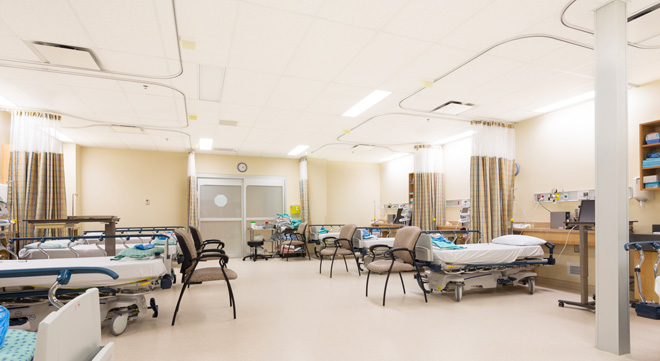
The Hospital Association of South Africa joins other organisations in challenging the NHI Act in court but keeps the door open for dialogue with the government.
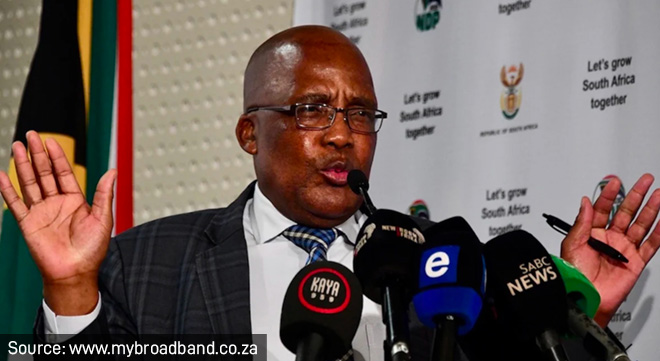
The Department of Health labels a report of a compromise on NHI as ‘ridiculous and unfounded’.

The High Court says Discovery Health misconstrued the scope of the judgment that set aside the RAF’s first directive on the payment of medical scheme members’ claims.

Discovery Health’s quest for reimbursement from the RAF for medical expenses incurred by road accident victims has faced multiple legal hurdles, with new RAF directives complicating the situation.

Gap cover can protect your clients’ retirement savings and long-term goals from unexpected medical expenses.

The demand for GLP-1 medications as a weight-loss solution raises critical questions about accessibility, affordability, and the long-term sustainability of their use for managing obesity and diabetes.
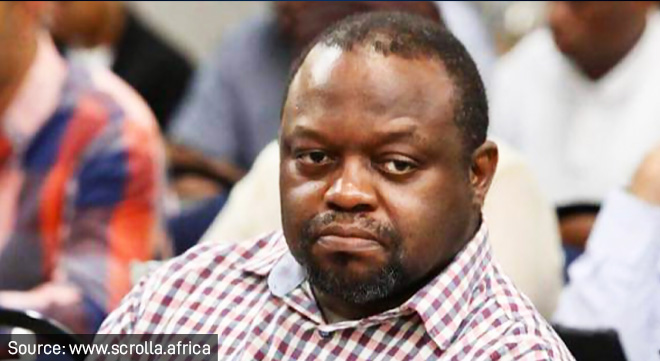
Dr Musa Gumede steps into the role of Registrar of the CMS, succeeding Dr Sipho Kabane, whose tenure was marked by significant challenges and critical industry reforms.

Downgrading to a lower plan may appear to be a cost-saving strategy, but it frequently results in increased out-of-pocket expenses.

Bestmed states pending rules for low-cost benefit options have further complicated efforts to reduce costs for members.

How to show your clients that gap cover can be the missing piece in their overall healthcare and financial protection strategy.

Associate Professor Tasleem Ras’s analysis of a patient’s case highlights critical pitfalls in cancer care.

Medical inflation outpaces CPI because of unique pressures such as the rising costs of technology, chronic diseases, and private healthcare pricing.
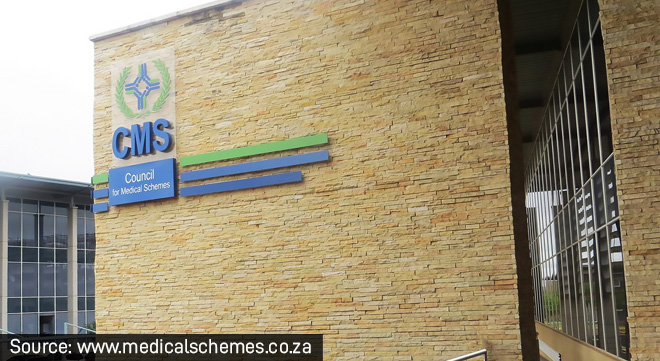
Launched in 2019, the inquiry sought to investigate allegations of racial profiling by medical schemes. As 2024 draws to a close, the CMS is still battling objections and technical reviews to finalise the report.

Contribution increases in 2025 are exceeding CPI, with some medical schemes aiming to rebuild reserves and ensure long-term sustainability.
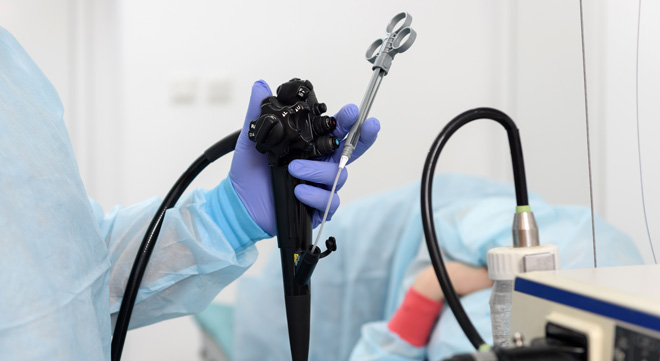
Medical schemes cannot cancel membership based solely on the non-disclosure of a diagnostic procedure that does not lead to the diagnosis of a serious medical condition.
Notifications